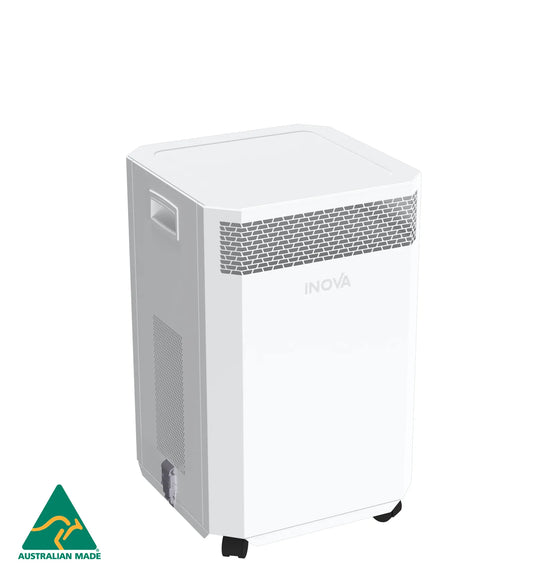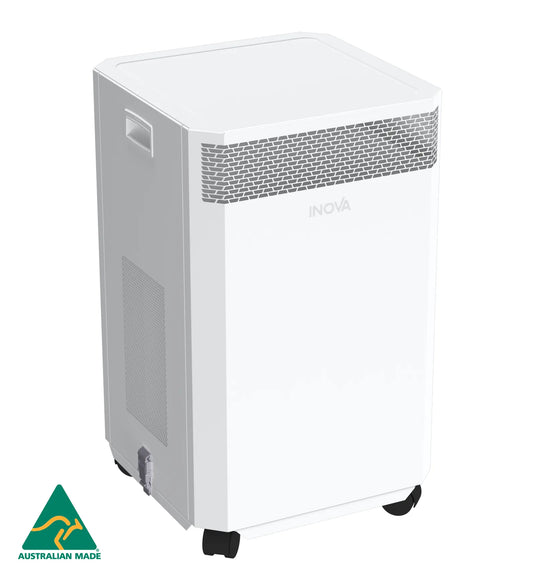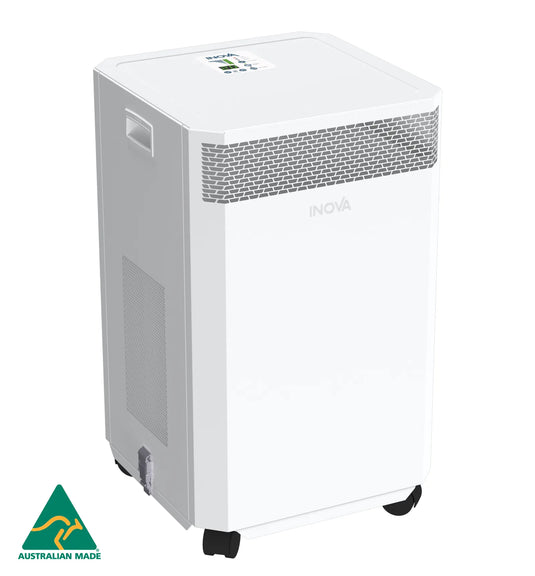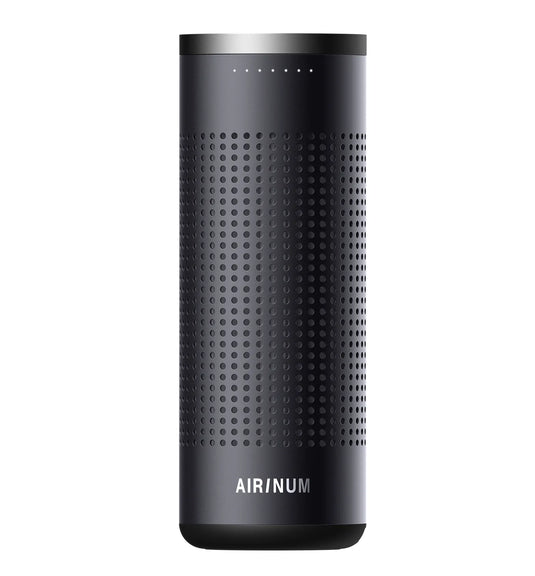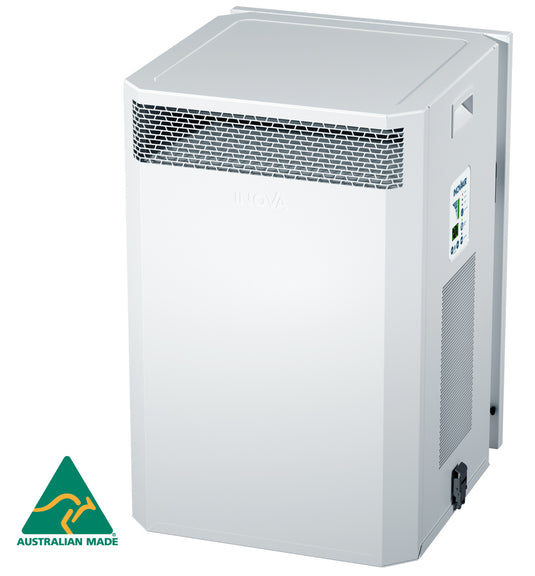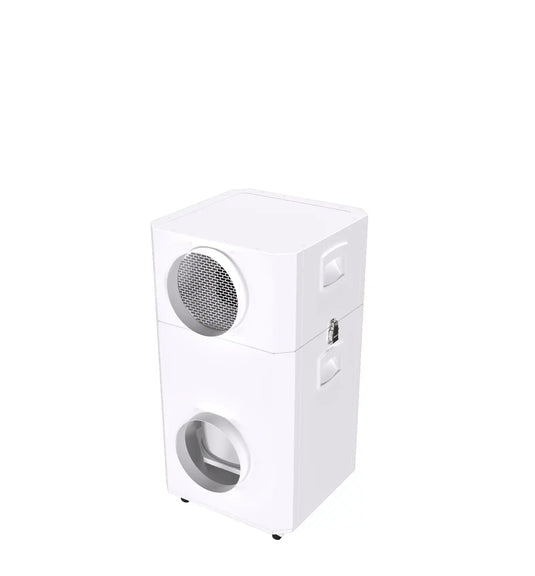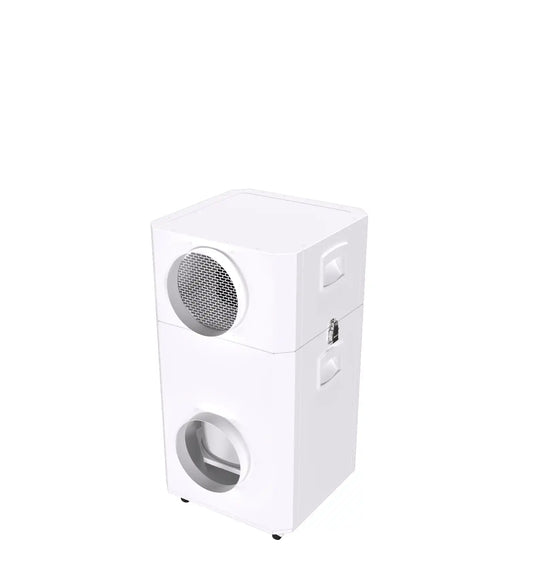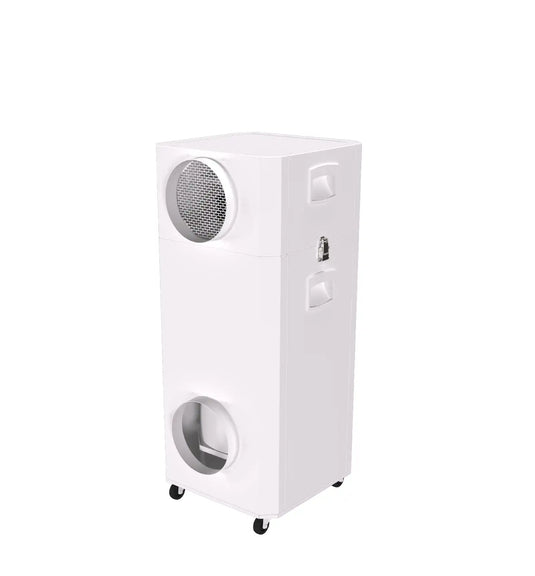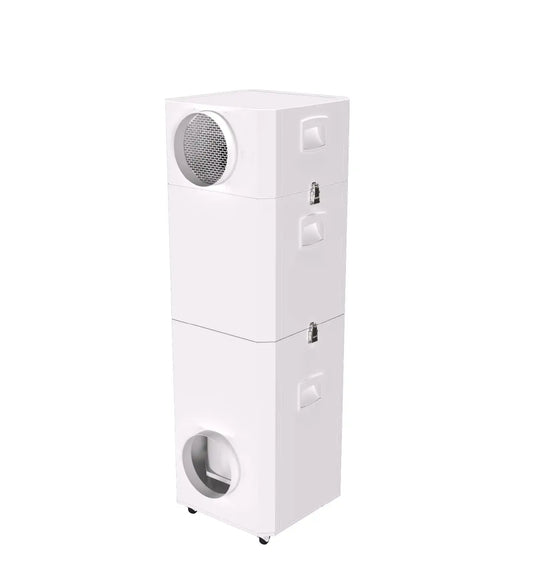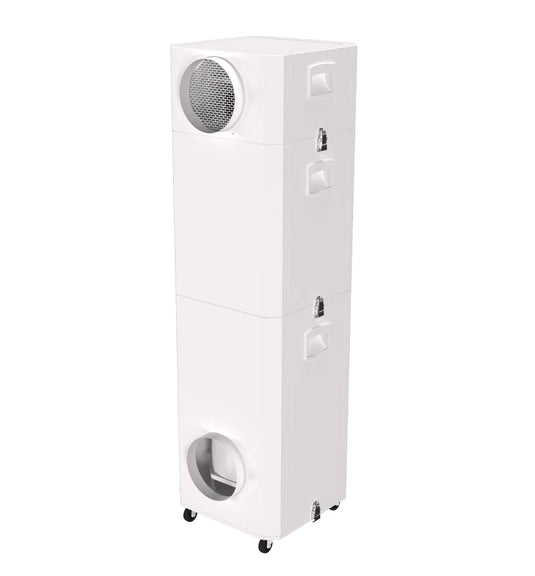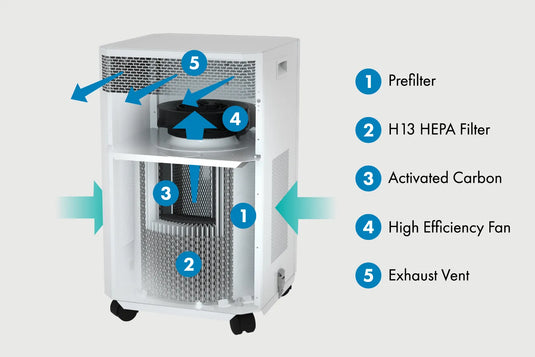How Viruses spread in the air. Can air filtration help?
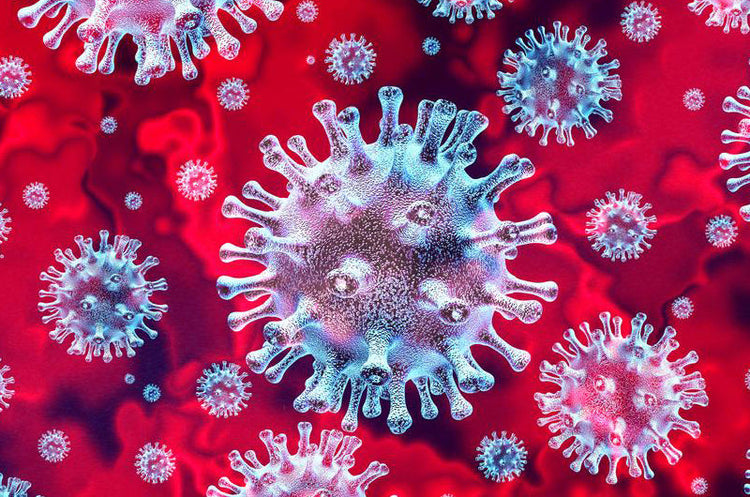
While the main focus for COVID-19 researchers to date has been on the spread through surface contact; touching of glass, steel, paper & plastic. This week the World Health Organisation confirmed the virus can remain airborne instead of just dropping onto a surface. Research on how it spreads in the air is still progressing, but it is estimated that it can live for at least 3 hours once airborne.
Coronavirus can persist in air for hours and on surfaces for days: study (Reuters)
The flu and novel coronavirus are about the same size: 0.125 microns. Aerosol droplets expelled from an infected person range in size from approx. 0.5 microns and larger.
Dr Milton from the University of Maryland’s School of Public Health has dedicated years of research to studying the airborne transmission of viruses, including influenza and the common coronavirus, and found those infected with the flu "contaminated the air around them with the infectious virus just by breathing, without coughing or sneezing” *
UMD | Public Health Symposium on Coronavirus
The mass spread of the coronavirus on the Diamond Princess cruise ship where passengers were quarantined to their rooms, and 674 were infected out of 3,700 over a 2 week period, appears to have been primarily spread through the ventilation system. Purdue University's Qingyan Chen, an expert on ventilation during virus outbreaks, told BuzzFeed News: “In ships, you cannot filter the air well enough to stop viruses.”** The filters on ship ventilation systems are approx. 10 microns efficiency.
In what situations can medical-grade air filtration system assist with virus removal?
- Healthcare facilities where infected people can expose healthcare workers and patients, such as emergency rooms
- Indoor spaces where the virus could be airborne
- Workplaces which have high occupancy rates or where social distancing is not possible
- Poorly-ventilated areas at high risk for respirable virus transmission
- Aged care facilities
Many of our customers are asking if air purifiers filter out viruses
To answer this question, we first need to look at how HEPA filters work and why they are relied upon in hospital settings for infection control. True or medical-grade H13 or H14 HEPA filters are made from pleated paper, they are restrictive on airflow, but they maintain efficiency at 99.95% or 99.99% @ 0.3 microns for the life of the filter.
At InovaAir we only use medical-grade H13 HEPA (minimum) filter paper in all of our air purifiers and this is encased inside an all-steel mesh casing to protect the paper with airtight seals. Most air purifiers you find in stores and online use lower grade synthetic materials such as polypropylene which are commonly lower E11 (95% efficiency) but are still called "HEPA."
When filtering airborne viruses, the higher the efficiency filter the greater chance it will be filtered on the first pass. The airtight seal on the filter is also very important; without this, you will get some degree of air bypass - even if very small, it’s a risk when you are aiming to remove a sub-micron-sized virus.
To put this in perspective, N95 masks are recommended by the CDC for front-line healthcare workers, and they filter 95% of particles greater than 0.3 microns.
For further information read our blog: "The Effectiveness of Air Purifiers in Virus Removal"
* NBC News Influenza might spread air study finds
** Here’s Why The Cruise Ship Quarantine Turned Into Such A Disaster by Dan Vergano Feb 20, 2020.

